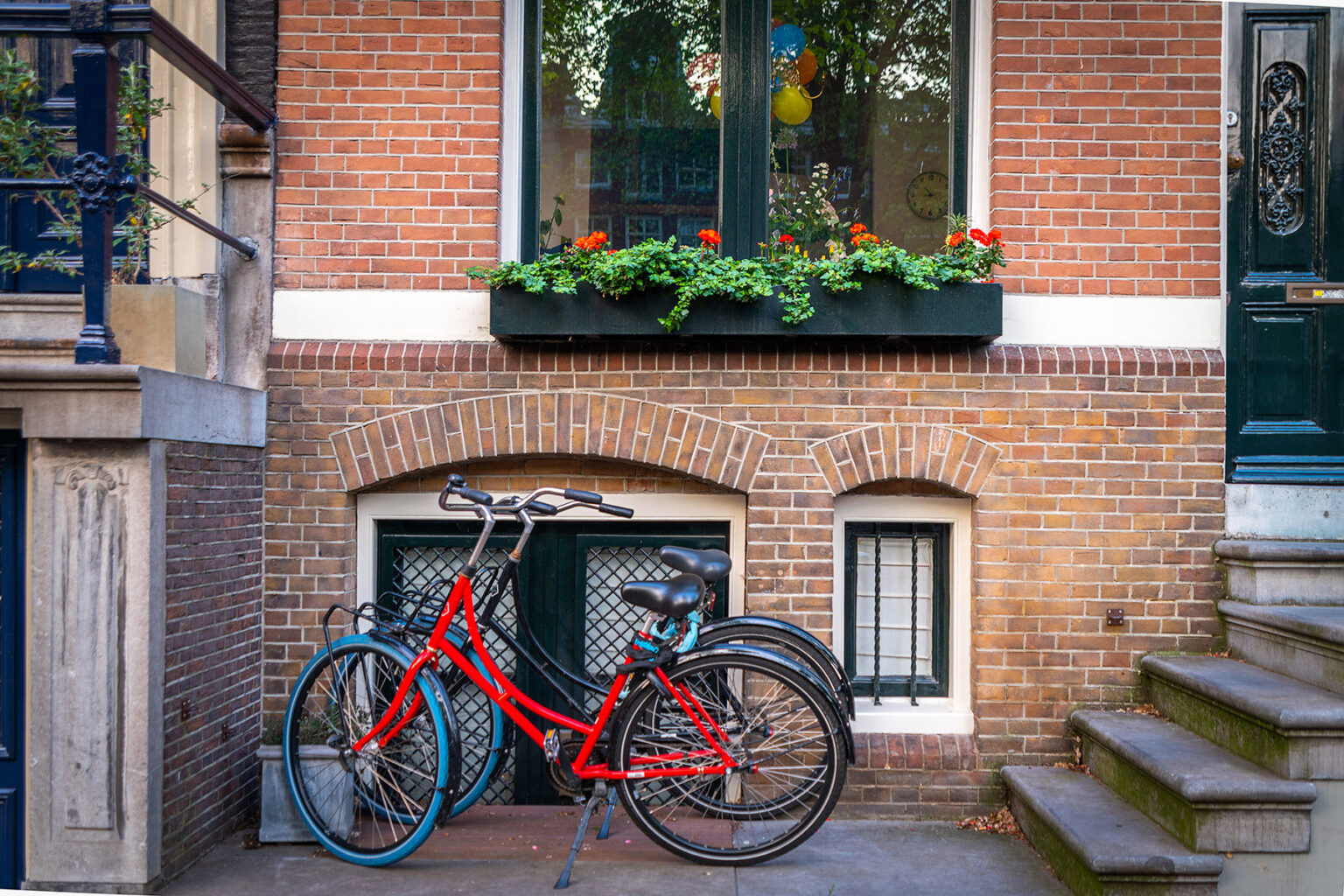Confidence returned to the Dutch housing market in the last year or so, with low mortgage rates encouraging expats to consider buying. That said, property prices are on the rise in some areas. There’s also a considerable shortage of housing, especially in bigger cities such as Amsterdam.
Buying property in another county is complex no matter how the market is performing; each real estate system has its own unique quirks. To help you out, we go through some expert tips for expats looking to buy their Dutch dream home.
Wise
Buying a property abroad is a big step and involves important financial decisions. Wise, an international money transfer company, provides specialist support to help you navigate large international transfers and save on exchange fees. Fill out Wise’s online form today to find out how they can assist you.
1. Determine your budget
The first thing to do is to make an appointment with a mortgage advisor. There are many online mortgage calculators, like the one from Expat Mortgages, that give you a general estimate of the maximum mortgage amount you can obtain. Beware: rules can be different for expats, and some hidden factors may come as a surprise. Your best bet is to find a financial adviser who accurately assesses a realistic price range for your future home. Some mortgage consultants provide this introductory service for free.
2. Do your research: check the house prices
While the old ‘location, location, location’ adage is also true in the Netherlands, it’s essential that you do not panic-buy a property that could be a poor investment in the future. When looking at the list of things to look at when buying a home, the historical prices of the home and surrounding houses in the neighborhood is important.

When eyeing up prospective homes, check the Dutch Land Register to see how much a property has previously sold for; this register also allows you to compare the sale prices of other properties in that postcode in the last five years. The register, operated by Kadaster, charges between €1.50–2.40 for a house price search.
3. Employ a buying agent
Make contact with a real estate agent right away. They come at a price, but it’s worth it in a seller’s market. Agents have access to an intranet that offers properties before they are listed on websites such as Funda or VBO, giving you a clear advantage over other buyers.
Real estate agents in the Netherlands work for the seller – so they’re not on your side. By employing your own buying agent, you can get important market advice. You’ll ensure the property you’re considering purchasing is valued by someone with your interests at heart. If you’re unsure which agent to go with, you can use a realtor comparison service such as Juiste Makelaar. Here, you’ll be able to easily compare your options and connect with the right property agent for you.
Before appointing an agent, check they’re a member of a reputable organization such as the NVM. NVM oversees agents selling around 75% of homes in the Netherlands.
4. Look a little closer during house viewings
When you view a property, you’re sure to be taken in by the cosmetic things such as carpets, furnishings, and what color you’d repaint that awful living room wall.
However, if you approach your viewing with an eagle eye, you could get ahead of the game — and potentially spy some major issues. Check taps and light switches, and keep an eye out for signs of humidity or mold. This is especially true in the bathroom, basement, and attic. Also, check the foundation of the home, the ceilings, and window- and doorframes; any necessary repairs could be expensive.
Note: as for those attractive furnishings and appliances that caught your eye, they’re not usually included in the purchase price. But your agent can expertly negotiate your offer to give you a chance at keeping those lovely curtains, or that state-of-the-art washing machine.
5. Survey the house
Asbestos can be a problem in older homes in the Netherlands. Though the government aims to have it eliminated by 2024, it can quickly turn a great buy into a dud.
This is just one of many issues in a house survey. While your mortgage lender will usually undertake a valuation survey, this will not properly examine the structural integrity of the property. How comprehensive a house survey needs to be depends largely on the age and condition of the property. Further advice on the different types of house survey is available from companies such as Woningschouw, but your agent will also have all the resources necessary to ensure you don’t end up with a lemon. HuisAssist also allows you to compare technical inspectors.
6. Insure your new home
There are a number of insurances you might consider (or need): insurance in the case of death, insurance in the case of disability for work, and unemployment insurance.
However, being the owner of a house, you should also arrange homeowner’s insurance, household insurance, and liability insurance. There are a number of insurance providers in the Netherlands that offer these policies, including:
You can compare home contents policies using a reputable price comparison website. Find out more with our guide to home insurance in the Netherlands.
7. Take care of your mortgage
Many expats buying property in the Netherlands will use a mortgage advisor to help them through the process, such as one of the following expat-friendly mortgage advisors:
However, one final thing that will serve you well in the long-term: once you’ve gone through the process of arranging your mortgage, it’s a good idea to think about after-care. Periodically look at your mortgage, or let a professional do this. Your personal situation could change, your financial situation could change, and the types of mortgages available could change.







